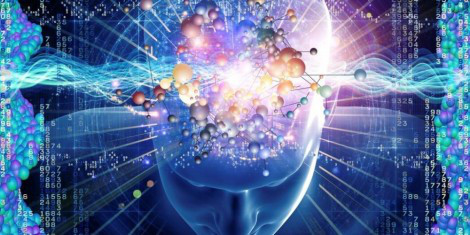
Source: Atlantic
The future of artificial intelligence is neither utopian nor dystopian—it’s something much more interesting.
Miracles can be perplexing at first, and artificial intelligence is a very new miracle. “We’re creating God,” the former Google Chief Business Officer Mo Gawdat recently told an interviewer. “We’re summoning the demon,” Elon Musk said a few years ago, in a talk at MIT. In Silicon Valley, good and evil can look much alike, but on the matter of artificial intelligence, the distinction hardly matters. Either way, an encounter with the superhuman is at hand.
Early artificial intelligence was simple: Computers that played checkers or chess, or that could figure out how to shop for groceries. But over the past few years, machine learning—the practice of teaching computers to adapt without explicit instructions—has made staggering advances in the subfield of Natural Language Processing, once every year or so. Even so, the full brunt of the technology has not arrived yet. You might hear about chatbots whose speech is indistinguishable from humans’, or about documentary makers re-creating the voice of Anthony Bourdain, or about robots that can compose op-eds. But you probably don’t use NLP in your everyday life.
Or rather: If you are using NLP in your everyday life, you might not always know. Unlike search or social media, whose arrivals the general public encountered and discussed and had opinions about, artificial intelligence remains esoteric—every bit as important and transformative as the other great tech disruptions, but more obscure, tucked largely out of view.
Science fiction, and our own imagination, add to the confusion. We just can’t help thinking of AI in terms of the technologies depicted in Ex Machina, Her, or Blade Runner—people-machines that remain pure fantasy. Then there’s the distortion of Silicon Valley hype, the general fake-it-’til-you-make-it atmosphere that gave the world WeWork and Theranos: People who want to sound cutting-edge end up calling any automated process “artificial intelligence.” And at the bottom of all of this bewilderment sits the mystery inherent to the technology itself, its direct thrust at the unfathomable. The most advanced NLP programs operate at a level that not even the engineers constructing them fully understand.
But the confusion surrounding the miracles of AI doesn’t mean that the miracles aren’t happening. It just means that they won’t look how anybody has imagined them. Arthur C. Clarke famously said that “technology sufficiently advanced is indistinguishable from magic.” Magic is coming, and it’s coming for all of us.
Additional reading:
Artificial Intelligence (AI) and Religion: Perspectives, Entanglement, and Religious Studies

1 reply ›